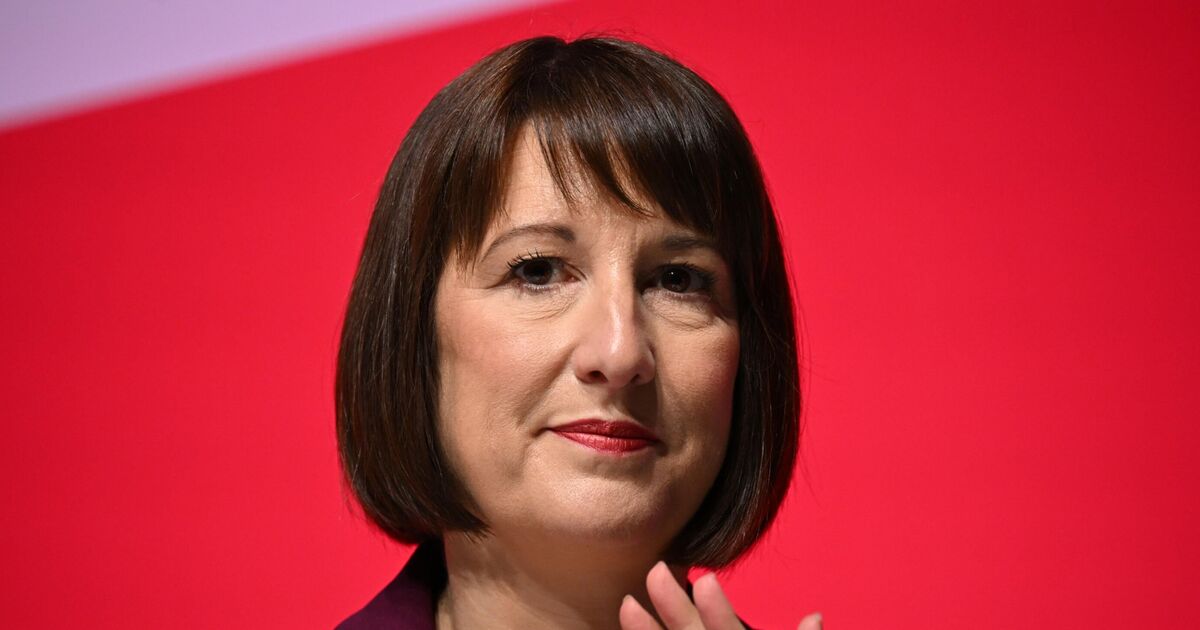
Rachel Reeves is poised to reveal Labour’s detailed economic blueprint in her first Autumn Budget as the new chancellor later this month. With a daunting £22 billion deficit to tackle, Ms Reeves is braced for difficult decisions, vowing to make “hard but fair” choices, amid rumours of looming tax increases.
The Leeds MP is set to lay out her fiscal plan before the House of Commons on Wednesday, October 30, with assurances that taxes for ‘working people’ will be spared, indicating no expected rises in national insurance and VAT in the upcoming Budget.
Speculation is mounting that the Chancellor might introduce sweeping changes to Capital Gains Tax and Inheritance Tax. Here’s an overview of all the potential tax alterations we could witness by month’s end.
Inheritance Tax
At present, inheritance tax impacts a modest segment of the populace, with only 4% of deaths resulting in an inheritance tax bill. The 40% rate is charged exclusively on estates exceeding £325,000—and solely on the value above this limit.
Estates can take advantage of various allowances and exemptions; notably, the threshold rises to £500,000 when a residence is bequeathed to children or grandchildren. There’s widespread conjecture that imminent tweaks in the budget may alter these exemptions and thresholds, though the precise effect on the number of taxpayers or the amounts paid is yet to be determined.
Capital Gains Tax
Capital Gains Tax (CGT) might soon undergo a substantial hike to funnel additional revenue into the Treasury’s coffers. This tax, levied upon profits from asset sales like second properties and stocks, is presently more affordable than income tax and affects about 350,000 taxpayers.
The Times hinted that CGT rates on investments could surge “several percentage points” above the existing 20%, which could potentially rake in “low billions” for the Treasury. However, amidst concerns over disruptions to the housing market, the current 28% CGT rate on second home sales is expected to stay the same.
Income Tax
When it comes to income tax, Ms Reeves might maintain the freeze on income tax thresholds beyond their projected expiration in 2028 instead of increasing rates. By doing so, as wages rise, more individuals would find themselves within higher tax bands.
Previously labelled a “Tory tax rise” by senior Labour figures, maintaining this freeze could amass an extra £7 billion according to the Financial Times.
Private School VAT
As for the VAT exemption currently enjoyed by private schools, Ms Reeves has signalled her intention to apply VAT and business rates to these institutions. While the precise tax revenue from this move remains uncertain, The Institute for Fiscal Studies estimates it could yield just above £1 billion.

















